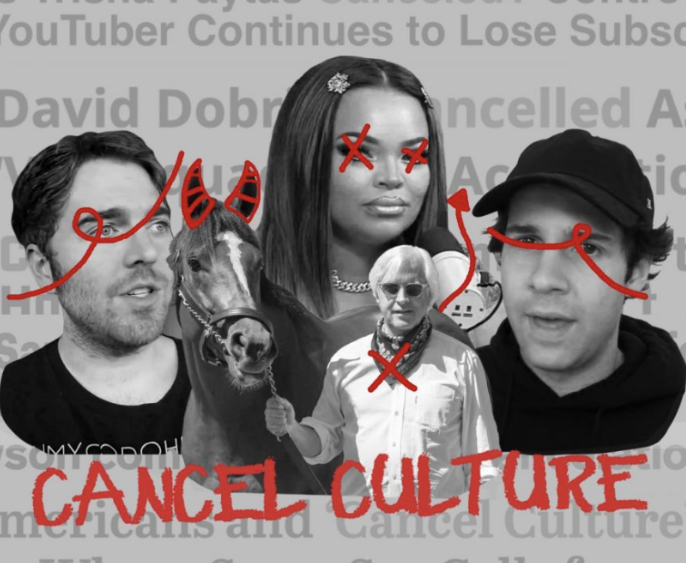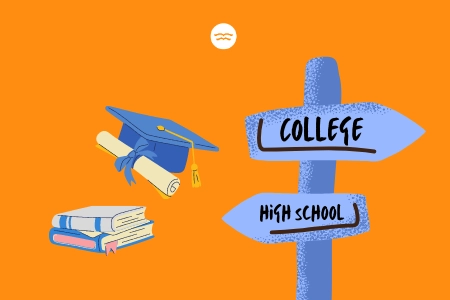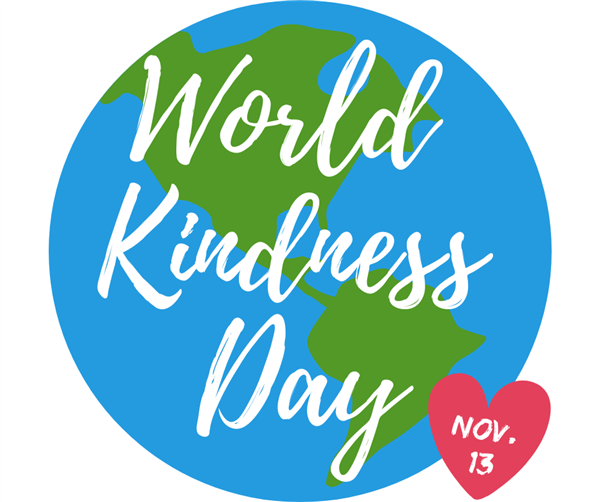An In-Depth Look into Cancel Culture
A photo of popular canceled Youtubers.
February 25, 2022
Starting in the early 2010s, the topic of credibility gained popularity on several media platforms. In 2014, it became a topic of discussion and was originally known as “Call-Out Culture.” As time went on, the term gained popularity and was put in place because of its rising popularity on media platforms. As a result, many normal people were able to communicate their concerns about specific people and their actions in the media. All the way back in 2014, the term was part of a hashtag known as the “#MeTooMovement.”
Cancel culture is a more modern term for “ostracism,” which essentially means being excluded from social media or your professional circle of people. This usually involves a celebrity when their actions or words are deemed unacceptable by society and fans. In 2014, a social justice internet activist named Suey Park revealed that she was the one who started the hashtag, which was originally known as “#CancelColbert.” The hashtag started in 2014 and has only risen in popularity since then.
The hashtag regained popularity in late 2019 with the new hashtag “Cancel Culture.” Many political figures and other famous people have spoken out against cancel culture. For example, former United States President Donald Trump talked about cancel culture in one of his speeches in July 2020. He talked negatively about it, ultimately comparing it to totalitarianism. He then exclaimed that cancel culture is a “political weapon” that is only used to punish and shame people into submission.
In July 2020, a poll was conducted that surrounded the impact of cancel culture. The results showed that 40% said that they had “withdrawn support from public figures and companies” because they had said or done something that would be considered offensive, with 8% of people who have engaged with this topic often. Many journalists, politicians, and activists saw “cancel culture” as an “actual phenomenon.”











